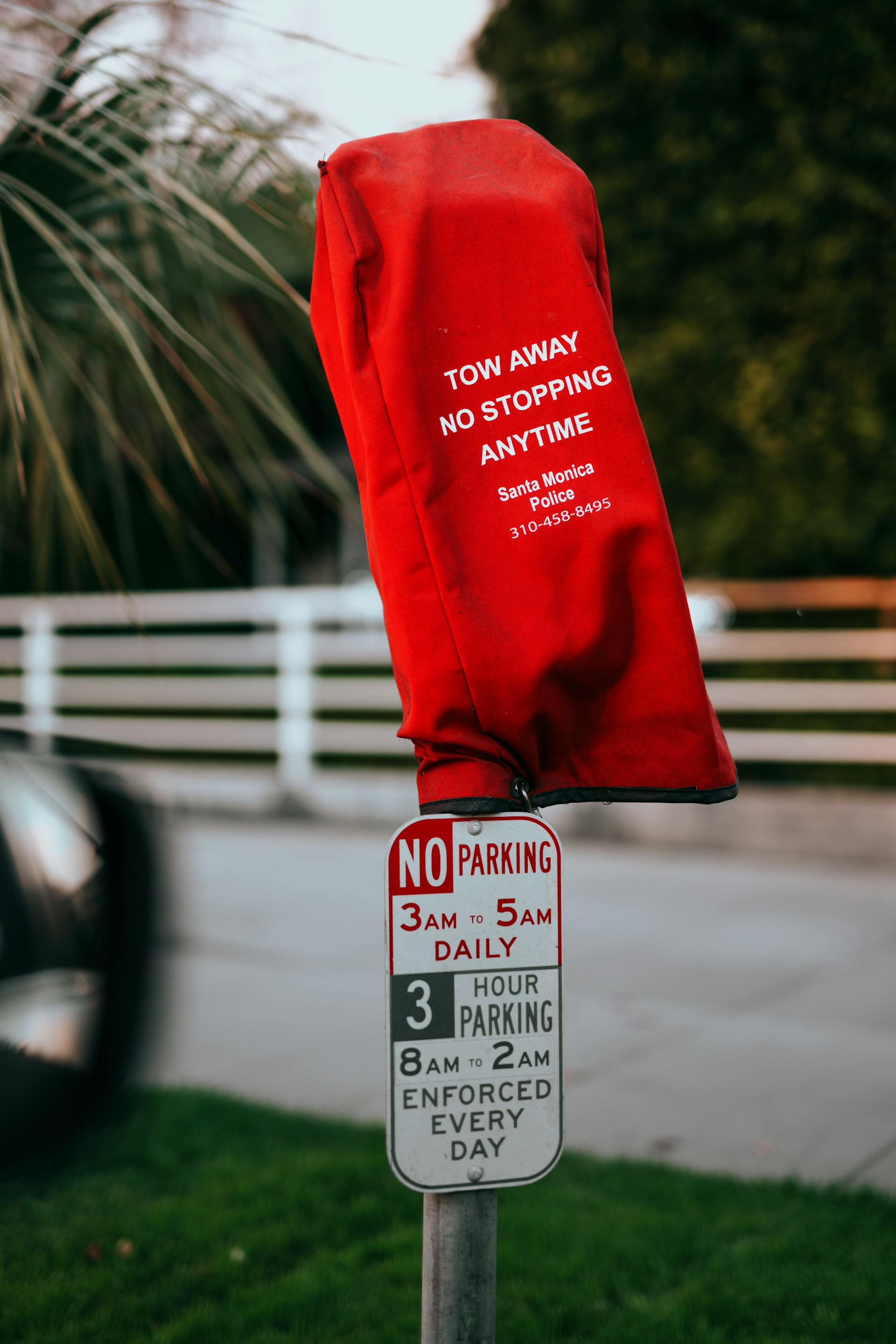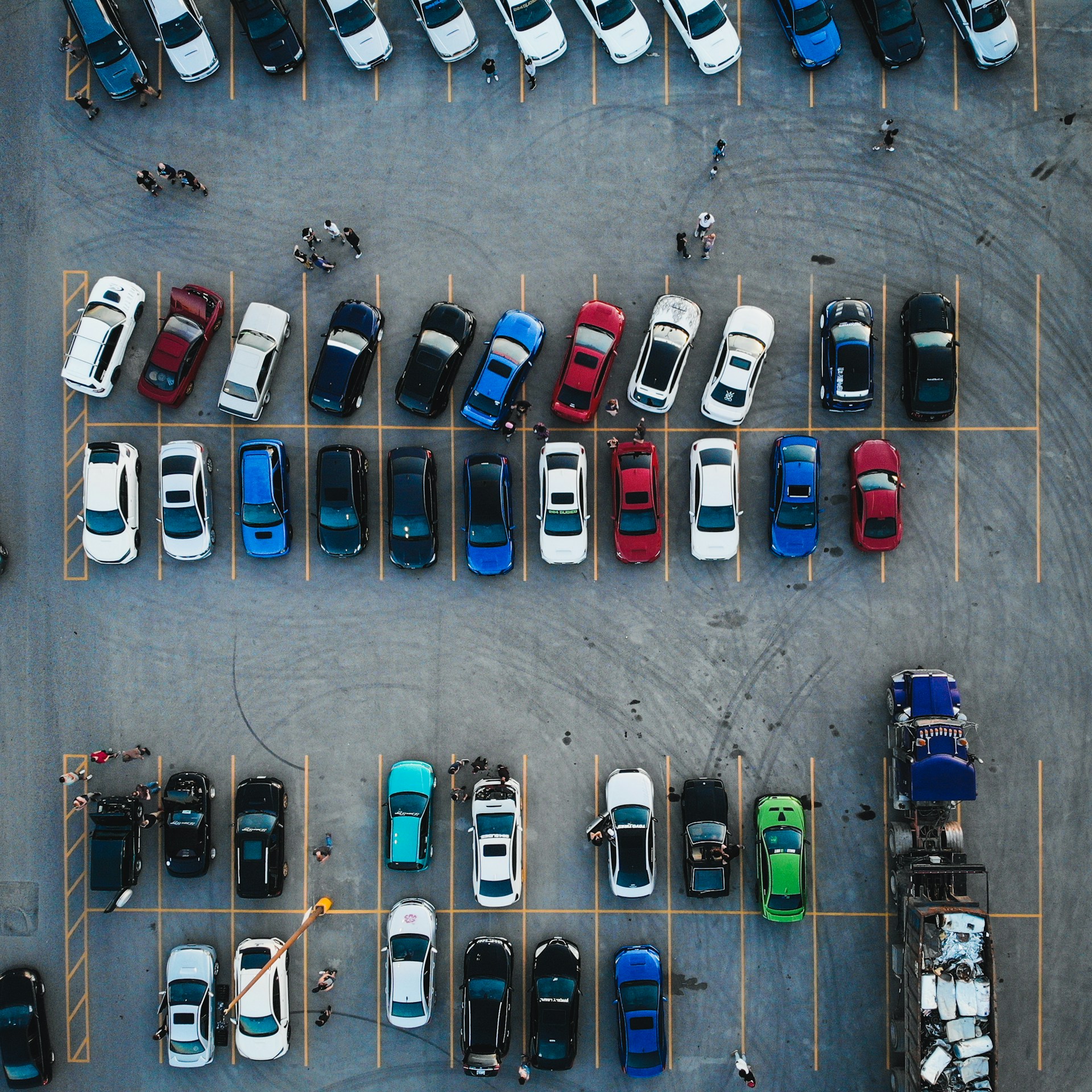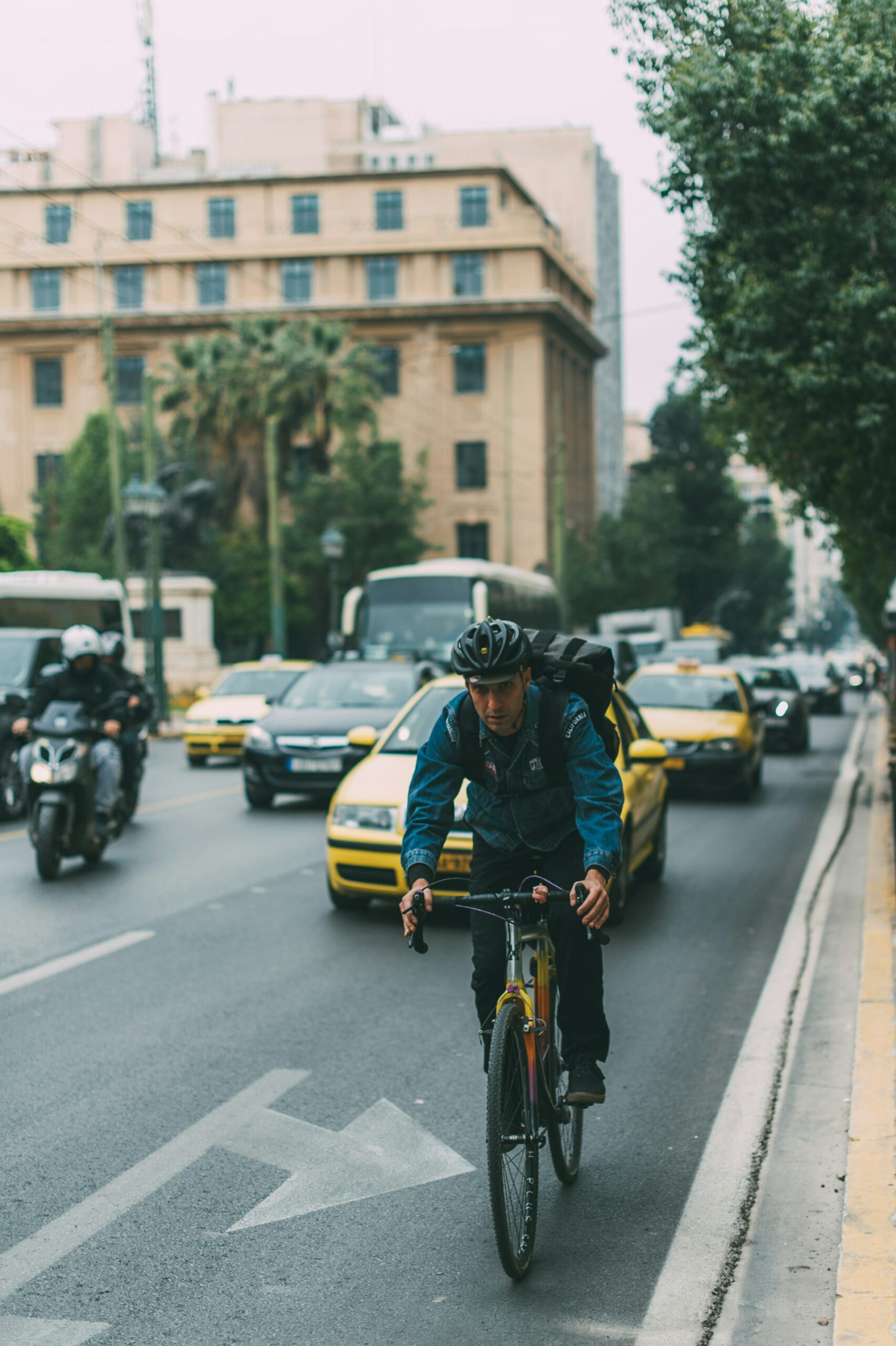Introduction
Ever found yourself circling the same block over and over, passing up open spaces in search of a “better” one—only to end up parking farther away, more frustrated, and possibly late? You’re not alone. Parking decisions are often driven by psychology, not logic. Behavioral science shows that our brains are wired in ways that can lead to inefficient, stressful, and irrational parking behavior.
In this post, we’ll explore why parking feels so much harder than it should, what common mental traps cause us to make poor choices, and how to overcome them with simple planning and smart tools.
1. The Stress Behind the Wheel
Parking stress is real. According to a 2017 study by INRIX, the average driver in the U.S. spends 17 hours per year searching for parking, wasting time, gas, and energy. The anxiety of finding a spot—especially in urban environments—can trigger:
- Increased heart rate and cortisol levels
- Aggressive driving behaviors
- Poor split-second decision-making
This stress is often magnified in high-demand areas (concert venues, downtowns, airports), where availability is low and competition is high.
2. Behavioral Traps That Sabotage Parking Decisions
A. Choice Overload
Having too many options often leads to decision paralysis or regret. In a large parking garage or open lot, drivers might:
- Skip a good spot hoping for a better one
- Forget where they’ve already checked
- Circle endlessly instead of committing
This is a classic example of choice overload, a term coined by psychologist Barry Schwartz. Too many options can make us less satisfied with the one we eventually pick.
B. Fear of Walking
Even in wide-open lots, people often gravitate toward the entrance—even if it means waiting or fighting for a space. Why? It’s rooted in a cognitive bias known as effort aversion.
We overestimate the inconvenience of walking a few extra steps and undervalue the time and fuel wasted circling for a closer spot.
C. The Endowment Effect
Once you’ve invested time looking for a space, your brain starts to overvalue the search effort. You might reject a spot simply because you’ve already spent 10 minutes looking and want your “investment” to pay off with a better space—much like gambling.
D. Loss Aversion & Spot Competition
The moment you see someone else heading toward a space you were eyeing, your fight-or-flight instincts kick in. Loss aversion tells your brain it’s better to “win” a space—even if it’s not ideal—than risk losing it altogether.
This leads to rushed, aggressive maneuvers, stress, and even fender benders.
3. Tools & Strategies to Outsmart Your Brain
You can’t change human nature—but you can outsmart it. Here’s how to bypass parking anxiety and make better decisions:
A. Use a Parking App
Apps like SpotHero, ParkWhiz, and ParkMobile let you:
- Reserve a spot in advance
- See real-time availability
- Compare prices and distances
- Reduce stress with guaranteed spaces
B. Set a Walking Radius Mindset
Decide ahead of time how far you’re willing to walk (e.g., 2–3 minutes). Stick to this rule to avoid circling. Often, parking a bit farther away saves time and reduces fuel use.
C. Use Cashback and Discount Apps to Offset Related Costs
Even if you’re not paying for parking directly, you can cut overall trip expenses by using cashback and rewards apps for nearby purchases:
- Fluz also offers savings on parking apps like ParkWhiz and SpotHero or score cashback on fuel with Chevron and Texaco, letting you earn cashback each time you fill up.
- Upside: Find real-time gas discounts nearby and stack those savings with Fluz gift cards or loyalty rewards.
- Rakuten: Use for online booking or restaurant reservations to earn cashback on travel-related spending tied to your parking route.
- Ibotta: Scan receipts for snacks, drinks, or supplies you grab near your parking spot to get additional cash rewards.
By stacking these platforms, you can turn almost every part of your parking experience into a cashback opportunity—even when the parking space itself doesn’t offer a discount.
D. Build Time Buffers
Running late amplifies stress and poor decisions. Add a 15-minute buffer to any trip that involves city or event parking. The more time you have, the less likely you’ll make rash decisions.
E. Practice “First Acceptable Spot” Thinking
Instead of looking for the best spot, train yourself to take the first available space that meets your needs. This simple shift in mindset can reduce stress and wasted time dramatically.
Parking isn’t just a logistical task—it’s a psychological minefield. By understanding the cognitive biases and mental traps that influence our decisions, we can make smarter, calmer, and more sustainable choices behind the wheel.
With a combination of apps, planning, and reward tools like Fluz, parking becomes less of a chore and more of a system you can control.



